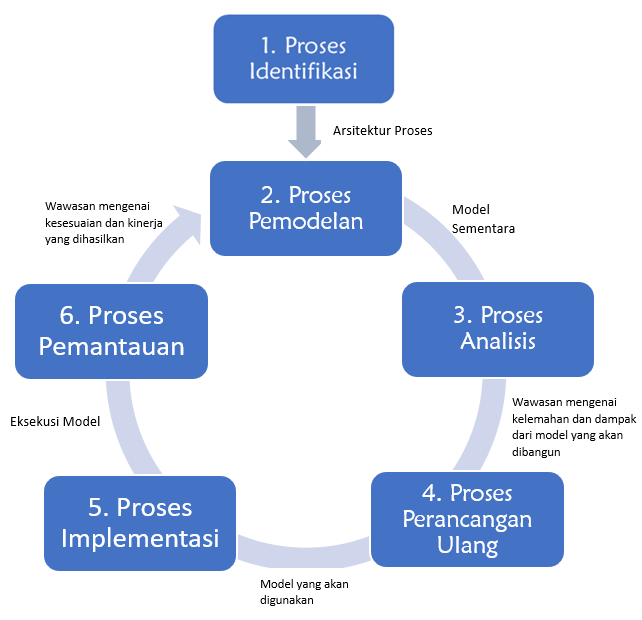
Streamlining Success: The Essence of Business Process Management
In the dynamic landscape of modern business, effective and efficient operations are essential for success. Business Process Management (BPM) emerges as a pivotal strategy, offering organizations a structured approach to optimize processes, enhance agility, and drive overall excellence.
Understanding the Foundations of Business Process Management
At its core, Business Process Management involves the identification, modeling, implementation, and optimization of business processes. It provides a systematic method to understand how work is done within an organization, ensuring that processes are aligned with strategic goals and capable of delivering value to both internal and external stakeholders.
The Impact of BPM on Operational Efficiency
BPM plays a transformative role in enhancing operational efficiency. By analyzing and optimizing processes, organizations can eliminate bottlenecks, reduce redundancies, and streamline workflows. This leads to increased productivity, faster task completion, and a more agile response to changing business demands.
Enabling Agility through Process Automation
Automation is a key element of Business Process Management. Automation tools and technologies empower organizations to automate routine and repetitive tasks, freeing up human resources for more strategic and creative endeavors. This not only accelerates processes but also minimizes errors, improving overall process reliability.
Explore Business Process Management: A Guide to Excellence
For comprehensive insights and guidance on Business Process Management, visit Business Process Management. This dedicated resource offers in-depth information and practical strategies to help organizations embark on the journey of process optimization and excellence.
Ensuring Consistency and Compliance
Consistency and compliance are crucial aspects of successful business operations. BPM enables organizations to define standardized processes and ensures that these processes comply with regulatory requirements and industry standards. This not only mitigates risks but also enhances the overall reliability of business operations.
Facilitating Continuous Improvement
Continuous improvement is a fundamental principle of Business Process Management. Through regular monitoring, analysis, and feedback, organizations can identify areas for enhancement and innovation. BPM provides a framework for iterative improvements, allowing businesses to stay competitive and adapt to evolving market dynamics.
Enhancing Customer Experience through BPM
In a customer-centric era, the impact of BPM on customer experience cannot be overstated. By optimizing processes related to customer interactions, organizations can deliver faster response times, personalized services, and seamless experiences. BPM ensures that customer-facing processes align with the organization’s commitment to excellence.
Integration of BPM with Organizational Culture
Successful BPM implementation goes beyond processes; it involves integrating BPM principles into the organizational culture. This cultural alignment fosters a mindset of continuous improvement, collaboration, and adaptability. BPM becomes a way of doing business, ingrained in the DNA of the organization.
Conclusion: Elevating Performance with BPM
In conclusion, Business Process Management serves as a catalyst for elevating organizational performance. From optimizing processes and ensuring compliance to fostering a culture of continuous improvement, BPM is a comprehensive approach to enhancing operational excellence. Explore Business Process Management for a detailed guide on embracing BPM and unlocking the full potential of streamlined business processes.







